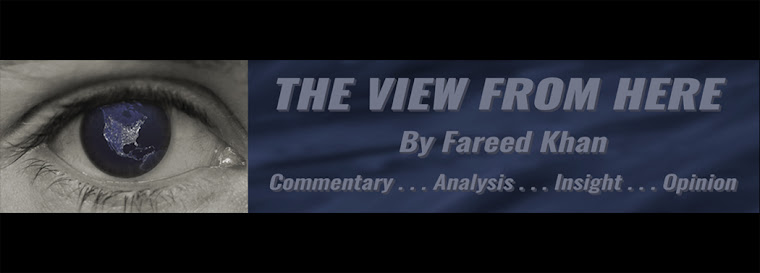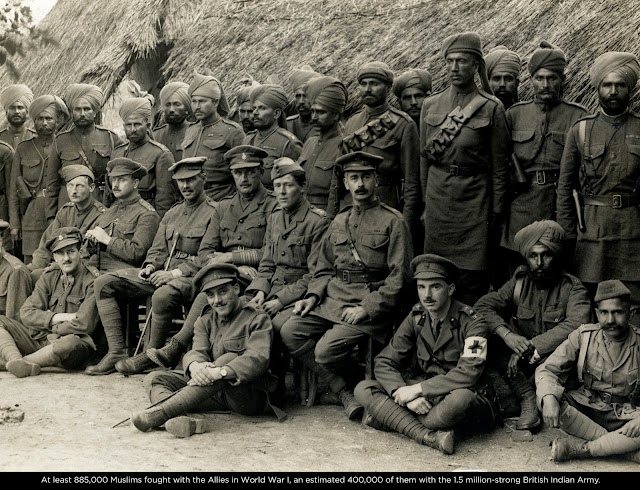War should be remembered for the utter horror that it is, the fact that politicians have sent other people's children off to die, and that Remembrance Day also commemorates a very ugly history.
Today, November 11th, the nation marked another Remembrance Day – a day to remember the soldiers sent off to fight wars far from home who never returned. However, since the 9/11 terrorist attacks politicians in Canada and other Western nations have made a spectacle of the occasion. While on its surface the day is used to acknowledge Canadian soldiers who made the ultimate sacrifice, it is now also used to instill nationalism and sentimentality in the populace, and for political gain by glossing over the ugly history behind this tradition.
War should be remembered for the utter horror that it is,
and the fact that politicians have sent other people's children off to die. The
red poppy and Canada’s national cenotaph represent sacrifice but they do not
convey the true horror of what war is.
As the veterans of the most horrific wars of human history dwindle the carnage
and brutality they witnessed fades into the past and out of the public’s
consciousness. When the last veteran of
World War 2 is no more the true insanity of what war is will likely also fade
and be forgotten.
The First World War
need not have happened. It was the result of foolhardy European politicians, men
with egos from both sides, who for reasons of imperial ambition broke a decades-long
peace and sent men off to be slaughtered in the killing fields of Europe, and to
the colonial outposts of European empires in Africa, the Middle-East and the
Far East. “The Great War” inflicted
death and carnage on an unimaginable scale with industrial efficiency. And estimated 17 to 22 million people
died, of which more than 10 million were innocent civilians, and over 25
million were among the injured.
The outcome of that war and the terms of the Treaty of Versailles,
where the winners sought outrageous amounts of reparations from the losing side,
is what laid the foundations for World War Two. The dead in that conflict numbered more than 70 million
by conservative estimates. The civilian dead in that war numbered more than 50
million. When the world went to war for
a second time in the 20th Century there was a real enemy bent on evil and world
domination. However, it was an evil whose
seeds were planted by the actions and politics of the First World War's allied
powers.
Only five short years after the end of World War 2, a
collection of nations were at war again in the Korean peninsula after North
Korea and China supported by the Soviet Union invaded South Korea. The Korean War was the first
major conflict of the Cold War and had the potential to morph into a nuclear
conflict. It too was a war of empire
between the United States and the Soviet Union, the two strongest military
powers in the world at the time. Over 3.5 million people
died in the Korean War from both sides, with civilians making up 2,000,000 of
that total.
There is no honour in war. It is senseless slaughter
primarily for economic or political gain. That is what the majority of wars of
the last century have been, with civilians comprising an increasing number of
the dead because governments have found more lethal ways of indiscriminately
killing, despite whatever they might say about trying to avoid civilian
casualties.
Since the 9/11 terrorist attacks approximately one million
innocent civilians (the population of Ottawa) have been killed by Western nations
(primarily the US) in Iraq, Afghanistan, Pakistan, Yemen and Somalia, with one
estimate putting the number of deaths as high as 6
million. But there are never any
ceremonies to remember them, and the illegal war in Iraq, which Canada wisely
refused to join, created the horror of ISIS that is now resulting in more innocent
lives being lost.
So as Canada remembers the fallen today we should remember
the ugly history behind why this day is commemorated.
We should remember that those who served and died were for
the most part honourable, and many died needlessly for the sake of ego, greed,
ambition and politics. Those who sacrificed believed they
were fighting to protect democracy and freedom at home and innocents
abroad because that is what the politicians who sent them off to fight told them.
Additionally, if we are going to honour the memory of the
fallen we should do so not just by remembering them with pomp and circumstance on
one day of the year. The best way that
we can remember and honour them is to fight at home against hateful ideologies
like fascism and white supremacy, to ensure that the rights and liberties which
they were willing to die for are not taken away from us, and to ensure that the
freedoms we value are not slowly stripped away by governments and politicians through
instilled fear and stealth.
If we fail to do that, if we do not hold our politicians
to account and stand up in defence of our rights, we are spitting on the memory
of the fallen, and dishonouring the sacrifices they made to give us the
freedoms and liberties many of us take for granted. We can do much better and we should.
© 2021 The View From Here. © 2021 Fareed Khan. All Rights Reserved



